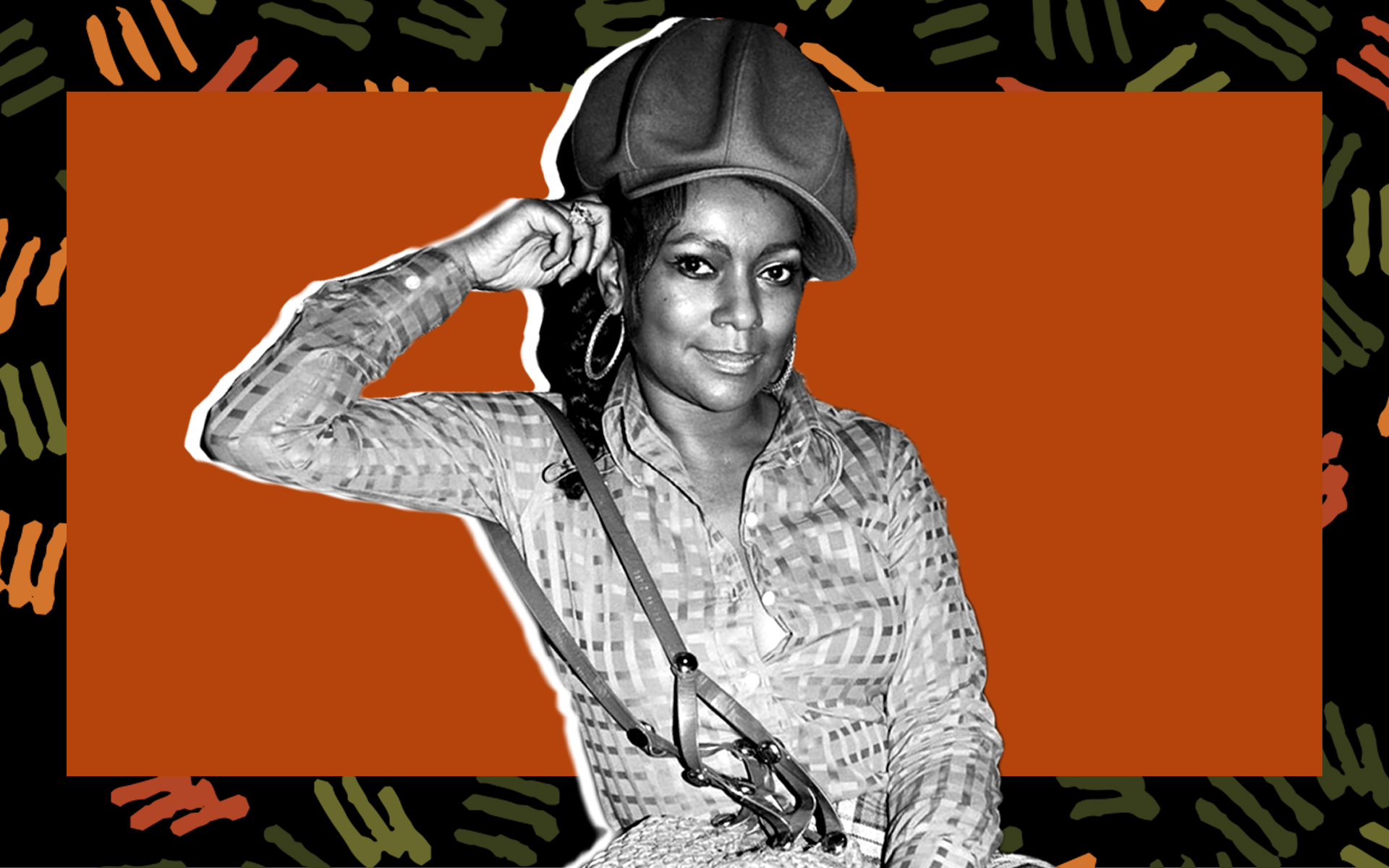Note: This article is part of Blavity's #MakingHistoryWhileBlack Black History Month series where we are highlighting unsung historical black figures whose personal stories are deserving of more prominence.
While the origins of the first rap song are up for debate, the genre’s commercial success and the single that cemented its mainstream appeal is clearly Sugar Hill Gang’s 1979 “Rapper’s Delight.” The nearly 15-minute-long smash hit was a fun dance record that ultimately changed the course of hip-hop forever. “Rapper’s Delight” became the first rap song to debut on Billboard’s Top 40 chart and the first to sell over a million copies. The single laid the foundation for the chart-topping success that hip-hop has today. However, less is known about Sylvia Robinson, the Black woman who was the mastermind behind the groundbreaking song.
YouTube | Sugarhill Records
“I made a lot of people a lot of millions,” Robinson, founder and CEO of hip-hop label Sugar Hill Records, said in a 2005 Vanity Fair profile. “And I got jerked. I didn’t get nothing.”
Women’s omittance from top cultural moments is an age-old tale that unfortunately impacted Robinson’s career as a legendary singer, songwriter and producer, but it certainly didn’t diminish her important legacy. Before becoming a label executive who broke ground in the male-dominated hip-hop industry, Sylvia Robinson entered the music business as a singer.
Born Sylvia Vanterpool on May 29, 1935 in Harlem, New York, Robinson started her singing career when she was a teenager under the stage name “Little Sylvia.” She began recording music with Columbia Records in 1950. However, women during that era , similar to today, often had to rely on male gatekeepers within the music industry to reach success. Such was the case in 1956, when Robinson teamed with guitarist Mickey Baker and formed the duo Mickey & Sylvia.
Robinson achieved commercial success with the duo’s hit single “Love Is Strange.” The popular sultry song topped the Billboard R&B charts in 1957 and continues to be used in various art forms — including on the soundtrack for the film Dirty Dancing, which is one of the best-selling albums of all-time. At the time, “Love is Strange” was the peak of Robinson’s singing career and the start of Robinson delving into other forms of music, as it was Baker who helped her learn how to play the guitar.
YouTube | Warren Tesoro
“I wanted to learn how to play the guitar and as soon as I learned to play guitar, I started writing,” Robinson said in a 2000 Dazed interview.
Shortly after the success of “Love is Strange,” Mickey & Sylvia split up and she married entrepreneur Joe Robinson. It was during this time that Sylvia Robinson produced and played the guitar on Ike & Tina Turner’s 1963 hit single “It’s Gonna Work Out Fine,” the duo’s first Grammy-nominated song. However, Robinson never received production credit for the song. That wasn’t the first time Robinson’s work wasn’t recognized. In 1960, Robinson produced the Joe Jones hit single “You Talk Too Much,” but she was uncredited again. Being slighted for her work could have discouraged Robinson from pursuing more opportunities in music, but it only seemed to make her work harder.
In 1968, the Robinsons founded All Platinum Records in New Jersey. Although the label was able to sign a plethora of acts, including groups like The Moments and Linda Jones, Sylvia Robinson proved to be the label’s most successful act. Her sensual single “Pillow Talk,” which was released in 1973, became her first mainstream success as a solo artist, although the song was originally written for Al Green.
YouTube | TT V-Rus 1138
“At that time Al Green was sizzling hot and so when I met his producer Willie Mitchell at a convention I told him I had a smash for Al,” Robinson told Dazed.
Al Green declined to perform the song because he felt it went against his religious beliefs. It’s a good thing he did, though, because “Pillow Talk” peaked at number one on Billboard’s R&B charts and was nominated for Best Female R&B Vocal Performance at the 1974 Grammy Awards. The single was an ode to sexual liberation as Robinson’s soft vocals and moans throughout the song painted a vivid image of female sexual empowerment.
Still, Robinson’s monumental solo success couldn’t prevent the demise of All Platinum Records. Legal and financial woes caused the company to file for bankruptcy in the late 1970s. The disappointing news proved to be a blessing in disguise as it was around the same time that “Rapper’s Delight” was created with Sylvia and Joe’s new label, Sugar Hill Records. Following the single’s unprecedented success, the music label went on to sign acts like The Sequence and Grandmaster Flash and the Furious Five, the latter of whom was a part of another historic moment. Grandmaster Flash and Furious Five’s hit single “The Message,” which Robinson produced in 1982, was the first rap single with a political message as it focused on life in low-income neighborhoods. Rolling Stone named the single the greatest hip-hop song of all-time in 2012.
YouTube | Sugarhill Records
In 1986, Sugar Hill Records was shut down due to more financial issues as it struggled to compete with newer labels like Def Jam. Robinson eventually formed her own label Bon Ami Records in 1987, but that proved to be a failure because it couldn’t recreate the early success of Sugar Hill Records. Robinson sold Sugar Hill Records in 1994 and its original studio was burned down in 2002.
Robinson died of congestive heart failure in 2011. Nevertheless, it’s hard to fathom how the current state of hip-hop would be, if anything at all, without the legendary producer and label executive whose vision laid the foundations for what has become one of the most culturally-defining genres.
